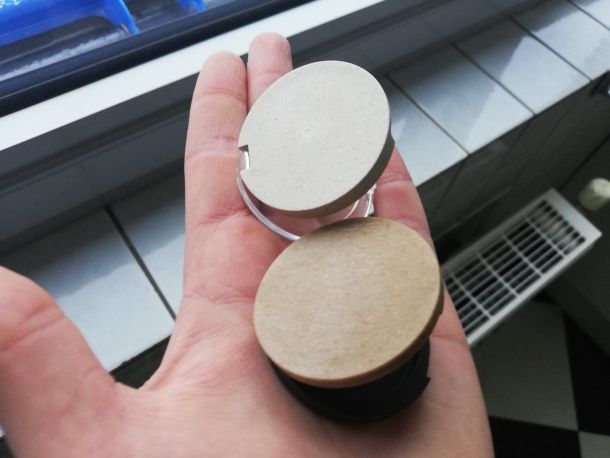
Palm Residues: The Ignored Gold Mine Awaiting Valorization
Introduction
Palm agricultural residues are an abundant byproduct of the thriving palm industry. However, these residues, which can include palm fronds, empty fruit bunches, and palm trunks, are often treated as waste and burned in open fields, leading to severe environmental and economic consequences. This article sheds light on the detrimental effects of burning millions of tons of palm residues each year, highlighting the potential value that remains untapped.
Environmental Impact: CO2 Emissions and Air Pollution
Burning palm residues results in significant carbon dioxide (CO2) emissions, contributing to climate change. On average, the combustion of one kilogram of palm waste releases approximately 1.16 kilograms of CO2 into the atmosphere. Given the massive quantities of palm residues generated globally, this practice significantly exacerbates the greenhouse gas effect. Furthermore, the open burning of palm waste releases harmful pollutants into the air, including particulate matter, carbon monoxide, and volatile organic compounds. These pollutants have adverse health effects on both humans and wildlife, contributing to respiratory issues, cardiovascular diseases, and even premature death.
Fire Accidents and Insect Infestation
Open-field burning of palm residues poses a significant risk of fire accidents, especially in areas with dry climates. Uncontrolled fires can quickly spread, endangering nearby ecosystems, wildlife habitats, and even human settlements. In addition to the destruction of valuable ecosystems, such fires strain firefighting resources and can lead to substantial economic losses. Moreover, burning palm residues attracts dangerous insects and pests. The smoke and heat generated during combustion can disrupt natural ecosystems, leading to the migration of harmful insects into nearby agricultural lands and residential areas. This influx of pests can cause substantial damage to crops, increasing reliance on pesticides and impacting food security.
Untapped Potential: Valorization of Palm Residues
Instead of treating palm residues as waste, there exists significant potential for their valorization in various high-value applications. Palm residues are rich in lignocellulosic content, making them an excellent source of biomass for the production of biofuels, biochar, and biogas. Additionally, they can serve as feedstock for the generation of renewable energy through biomass power plants. Furthermore, palm residues can be transformed into valuable products such as cellulose fibers, activated carbon, and organic fertilizers. These products have wide-ranging applications, including textiles, water filtration, soil improvement, and waste management. By implementing innovative technologies and sustainable practices, the palm industry can reduce its environmental footprint while creating new economic opportunities. Encouraging research and development in palm residue valorization will not only foster a circular economy but also provide alternative income streams for farmers and communities.
Promoting Sustainable Practices and Policy Interventions
To address the issue of burning palm residues, a multi-faceted approach is required. Policymakers, industry stakeholders, and agricultural communities need to work together to adopt sustainable practices and encourage the utilization of palm residues. Investing in education and awareness programs can highlight the value of palm residues and promote responsible waste management practices. Governments can incentivize the adoption of clean technologies for palm residue valorization and provide support for research and development in this field. Moreover, stricter regulations and enforcement against open-field burning should be implemented to discourage this harmful practice. Instead, alternatives such as controlled burning, composting, or biomass conversion should be explored.
Conclusion
The burning of millions of tons of palm residues each year is a wasteful and environmentally damaging practice. The consequences include significant CO2 emissions, air pollution, fire accidents, and insect infestations. However, by recognizing the value of palm residues and investing in sustainable practices, we can transform this overlooked resource into a valuable asset. Embracing innovative technologies and implementing supportive policies will not only mitigate environmental harm but also create opportunities for economic growth and development in palm-producing regions. It is time to unlock the potential of palm residues and pave the way for a greener and more sustainable future.



